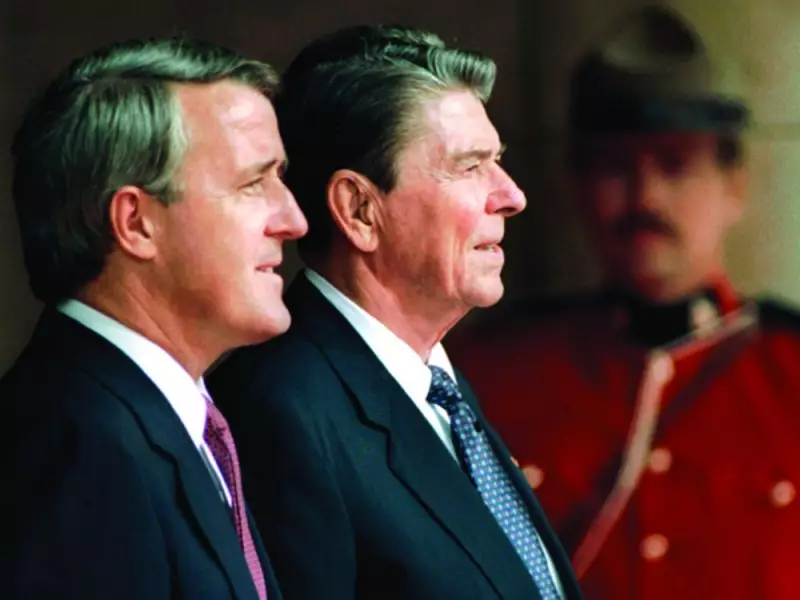
Long before modern trade debates dominated headlines, Ronald Reagan stood as an unwavering champion of free markets, and his opposition to tariffs was both philosophical and fiercely articulated. The 40th U.S. president's own words reveal a deep conviction that protectionism ultimately harmed the very people it claimed to protect.
The Free Trade Crusader
Reagan viewed tariffs as economic obstacles that stifled growth and innovation. He consistently argued that trade barriers were counterproductive, often stating they represented a form of government interference that distorted natural market forces. His administration worked tirelessly to reduce trade barriers globally, seeing free exchange as essential to prosperity.
Reagan's Most Powerful Quotes on Protectionism
"The freer the flow of world trade, the stronger the tides for human progress and peace among nations" became one of his signature statements. This philosophy guided his approach to international economics and diplomatic relations.
He didn't mince words when describing the consequences of protectionism, warning that "when protectionism is the name of the game, there are no winners, only losers". This stark assessment reflected his belief that tariffs created a domino effect of retaliation that damaged all participating economies.
Economic Principles in Practice
Reagan's opposition wasn't merely theoretical. He implemented policies that:
- Reduced barriers to international trade
- Promoted American competitiveness abroad
- Resisted domestic pressure for protectionist measures
- Advocated for multilateral trade agreements
His administration recognized that in a global economy, isolationist trade policies would ultimately weaken America's economic standing and limit consumer choice.
Legacy in Modern Trade Debates
Reagan's arguments continue to resonate in contemporary discussions about globalization and trade policy. His emphasis on free markets as the engine of prosperity provides a historical perspective that remains relevant as nations navigate complex economic relationships.
The consistency of Reagan's free-trade stance throughout his political career offers valuable insights into the philosophical foundations that shaped late-20th century economic policy and continue to influence conservative economic thought today.





